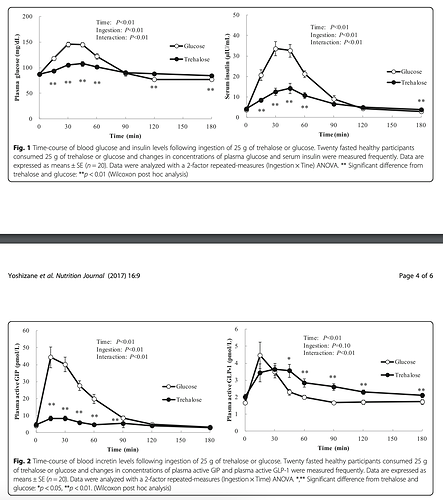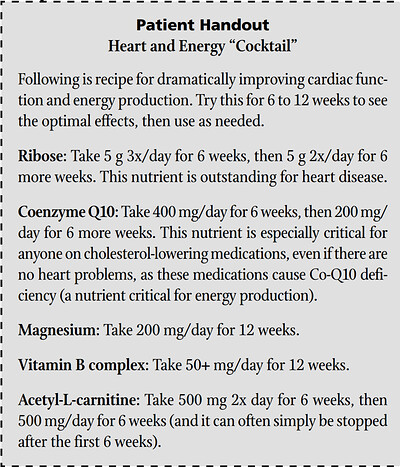Good news for all the rapamycin autophagy fans here:
In this study, the researchers sought to investigate if targeting mTOR-independent autophagy with trehalose in addition to the mTOR-dependent pathway with rapamycin would bring additional benefit in a mouse model of Alzheimer’s disease.
…
Trehalose treatment significantly upregulated autophagy in the hippocampus and frontal cortex, while the combined treatment was more efficient in inducing autophagy than monotherapies in the amygdala and dentate gyrus.
Conclusion
This study shows that the induction of autophagy by trehalose alone or in combination with rapamycin in general is more beneficial than rapamycin-only treatment in an animal model of AD. This points out the importance of activating the mTOR-independent pathway to address neurodegeneration.
The authors argue that unlike rapamycin, which acts through mTOR, trehalose affects the expression of several transcription factors, including FOXO1 and TFEB, which, in turn, regulate the expression of autophagy genes. This leads to an increased production of lysosomes.
Read the full story here:
Research paper the above story is based on:
Highlights
•Trehalose but not rapamycin produced pronounced and prolonged autophagy induction.
•Trehalose produced pronounced long-term transcriptional activation of autophagy genes.
•Trehalose and rapamycin effectively prevented Aβ deposition and microglia activation.
•Autophagy inhibitor 3-methyladenine disturbed the effect on Aβ load.
• The autophagy inducers restored behavioral and neuronal deficits in Aβ-injected mice.
More on Trehalose and Autophagy
Its interesting, because trehalose is easily available as a sugar substitute (similar, I think to Allulose, which many will have heard of from Peter Attia). I use Allulose in my house as my sweetener typically, though still use very little.
Trehalose might be something we need to research more:
Trehalose has been widely used in the preservation of food, but has also been used to treat medical diseases due to its ability to enhance autophagy. In healthy middle-aged and older adults, oral trehalose supplements (100 g/day) improved microvascular function by increasing endothelial nitric oxide [21]. The protective effects of trehalose have largely been demonstrated in neurodegenerative disorders, including Alzheimer’s disease, Parkinson’s disease, and Huntington’s disease [22,23,24]. Trehalose enhanced autophagy and reduced abnormal protein aggregation in the brain tissue of mice with Huntington’s disease [24,25].
… the efficacy of orally administered trehalose has been well-documented in neurodegenerative disorders. Trehalose (2%) added to the drinking water was directly bound and inhibited polyglutamine aggregates in a mouse model of Huntington’s disease, and the presence of trehalose in the homogenates of brain and liver tissue has been confirmed, indicating the effectiveness of orally administered trehalose [25]. The long-term administration of 1% trehalose through drinking water over two and a half months reverted the death of dopamine neurons and induced autophagy in a mouse model of parkinsonism [39]. In a mouse model of Lewy body disease, the oral intake of 2% trehalose for one week was associated with increased autophagy in the brain [40].

